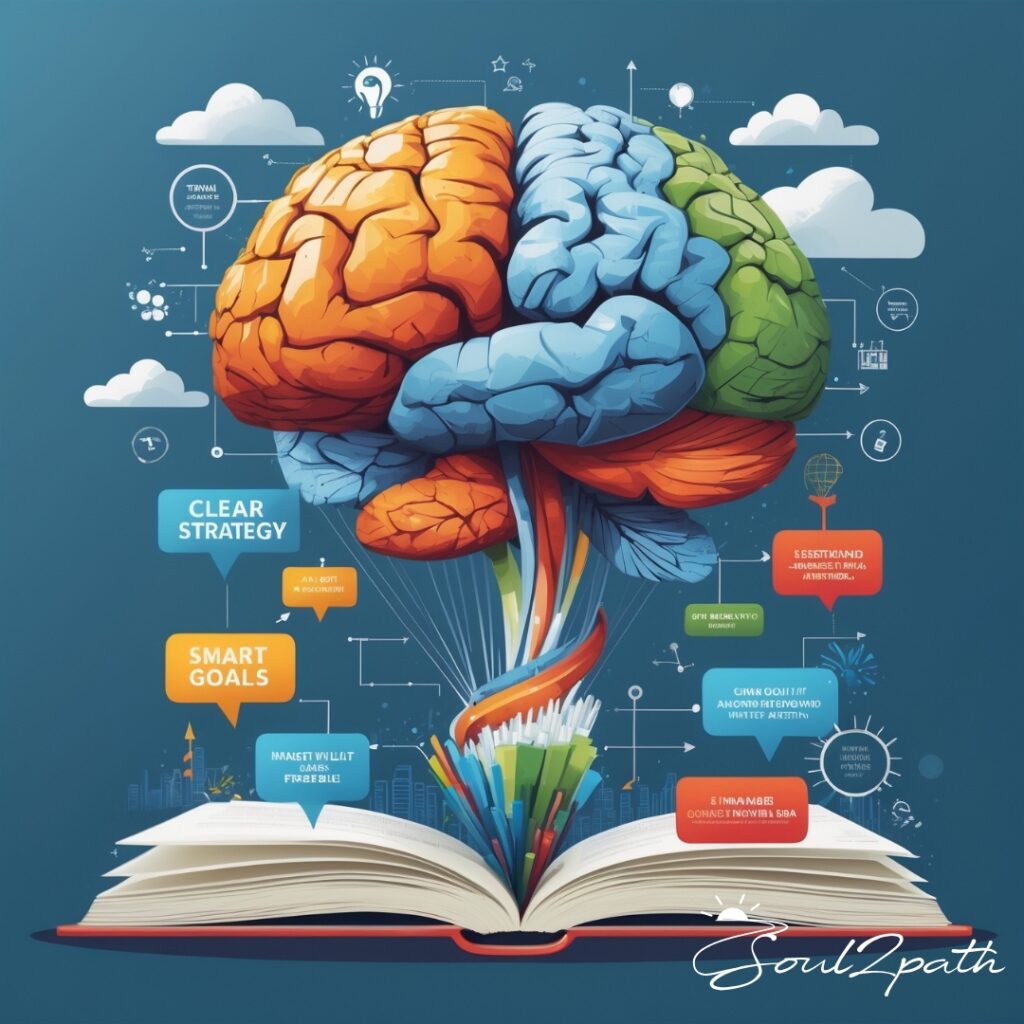Have you ever felt like you’re constantly hitting a wall, even though you’re doing everything you can to move forward? Life has a way of testing us—whether it’s through professional hurdles, personal setbacks, or a general sense of being stuck. But while these obstacles can feel overwhelming, they also hold the potential for powerful personal growth.
We all face challenges that can derail our goals and wear down our motivation. But there’s good news: what looks like a setback is often a setup for something greater. With the right mindset and support, those roadblocks can become stepping stones to a stronger, wiser you.
Understanding life’s challenges is like learning to read between the lines. Once you do, the chaos starts to make sense—and so does the path forward. Obstacles, as difficult as they may be, can reveal our greatest strengths and ignite unexpected breakthroughs.
When you’re standing at the bottom of a metaphorical mountain, the climb may seem too steep. But every step teaches you resilience, grit, and courage. Each challenge provides a chance to reflect, reframe, and recalibrate your goals to better align with your values and vision.
Adopting a growth mindset—believing your abilities and circumstances can change with effort—transforms how you approach adversity. Instead of avoiding difficulty, you begin to see it as a necessary part of development. You shift from proving yourself to improving yourself.
A clear strategy and well-set goals provide structure amid the chaos. Whether it’s using SMART goals (Specific, Measurable, Achievable, Relevant, Time-bound) or creating small, manageable steps, this approach builds momentum and confidence. The goal isn’t perfection—it’s progress.
Equally important is the company you keep. Surrounding yourself with mentors, allies, and supportive peers creates a network of encouragement and accountability. These relationships help you push through the tough times and celebrate the wins, no matter how small.
Emotional intelligence also plays a key role. The ability to understand and manage your emotions—and those of others—improves communication, strengthens relationships, and deepens self-awareness. Tools like active listening and self-reflection help you respond rather than react during stressful times.
Resilience is another vital muscle to develop. It’s what allows you to keep going when life knocks you down. Building resilience means setting realistic goals, remaining adaptable, and embracing change instead of resisting it. A daily gratitude practice, positive self-talk, and mindful routines like meditation or journaling can all help nurture this mindset.
Let’s not forget the value of celebrating progress. Recognising small victories along the way fuels motivation and reminds you how far you’ve come. These milestones serve as powerful affirmations of your growth and potential.
Stories from real people highlight just how transformative life coaching and personal reflection can be:
-
Emily, a mid-career professional, felt stuck and full of self-doubt. By identifying her limiting beliefs and shifting to a growth mindset, she unlocked confidence and made meaningful strides in her life and work.
-
Alex, a new graduate, felt lost in the job market. With coaching support, he reframed his challenges as learning experiences and found a career path that aligned with his values.
-
Maria, a small business owner, learned how to implement the SMART framework to get her productivity on track and fuel her business growth.
-
John, a freelance writer, broke through creative blocks by developing an actionable plan and building structure into his work life.
-
Linda, a single mother, tapped into the power of a supportive network to balance parenting and her return to the workforce.
These aren’t just success stories—they’re reminders that change is possible when we pause, reflect, and take deliberate action.
Life coaching complements this process by offering practical strategies that support emotional wellbeing as well as external success. It’s not therapy, but it acknowledges that mental and emotional wellness are key to long-term fulfilment. From mindfulness techniques to stress management plans, coaches help build the tools you need for clarity and calm.
Coaches also support transitions—career changes, relationship shifts, retirement, or new parenthood—guiding clients through uncertainty with compassion and clarity. And in today’s connected world, coaching has become more accessible than ever thanks to virtual sessions, apps for goal tracking, and online communities that provide shared wisdom and encouragement.
Cultural perspectives also inform coaching. Whether drawing on Indigenous views of community and nature, or Eastern traditions like mindfulness and energy balance, modern coaching blends global insights to help you thrive.
Looking ahead, coaching is poised to become even more holistic and tech-integrated. Virtual reality, AI tools, and online learning modules are making coaching more tailored, dynamic, and accessible. Whether you’re seeking career advancement, spiritual fulfilment, or simply a more balanced life, there’s a path for you.
Life doesn’t always go to plan—but that doesn’t mean you’re off course. With the right support, setbacks become breakthroughs, and challenges become opportunities. Each hurdle is a hidden lesson, waiting to shape you into the person you’re becoming.
By investing in self-awareness, building strong networks, embracing resilience, and committing to growth, you can navigate any storm with confidence. The journey might be bumpy, but the destination—your best, truest self—is well worth it.

